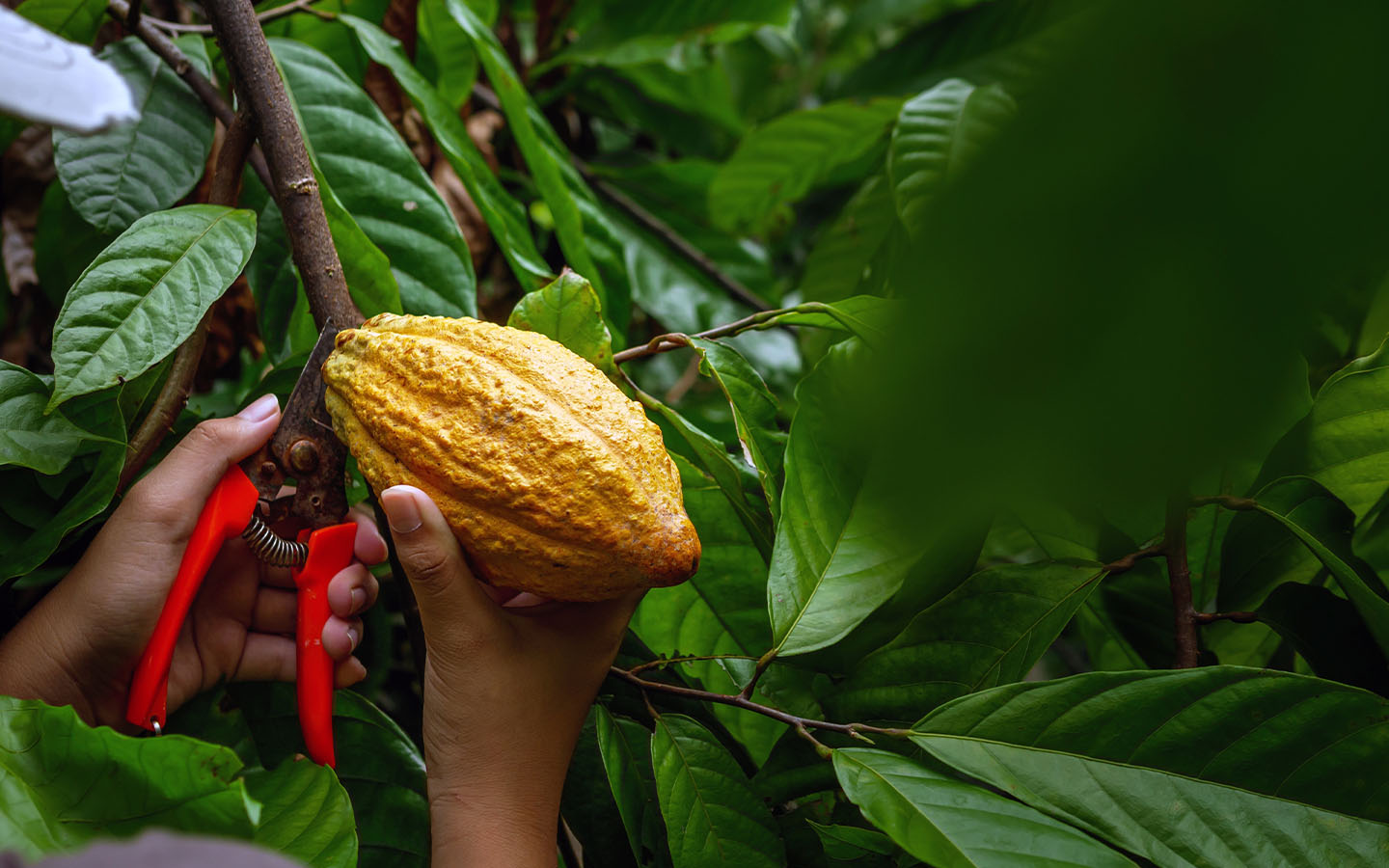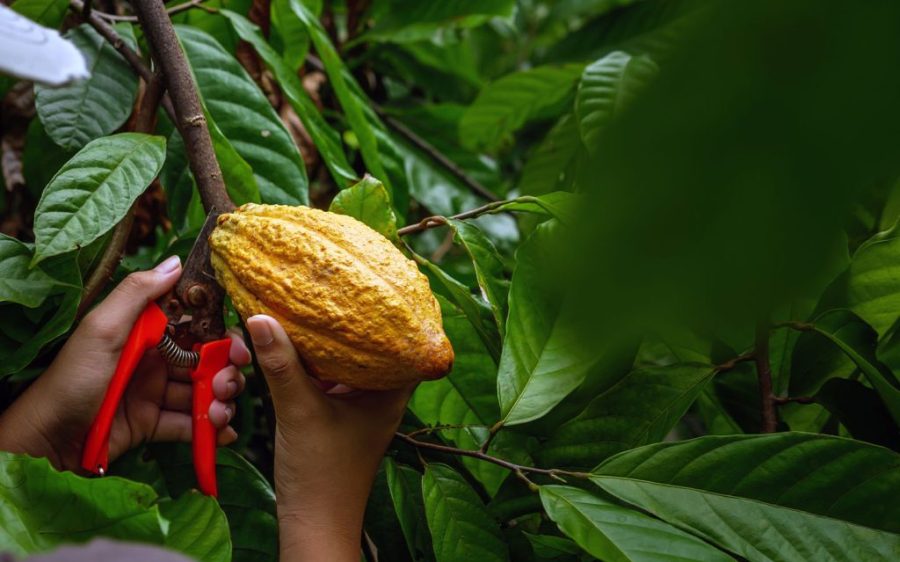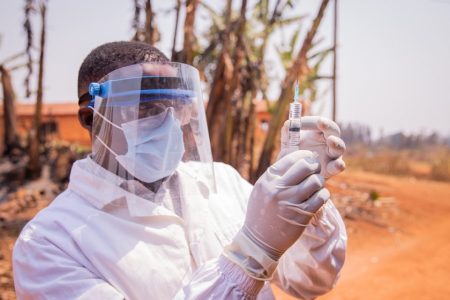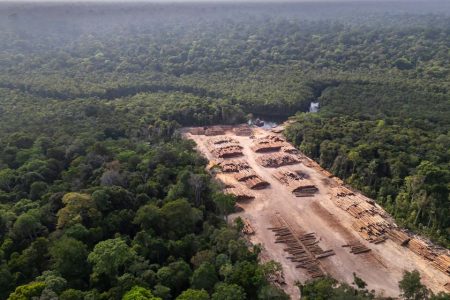As West African cocoa giants struggle and prices soar, several Brazilian agribusinesses are looking to bring the lucrative bean back to their country on a grand scale, reports Reuters.
Ivory Coast and Ghana, top producers responsible for over 60 percent of the world’s cocoa, have seen their yields fall for three consecutive years due to a potent mix of plant disease, climate change and aging tree stock. Cocoa prices have surged in response, nearly tripling in 2024 to a record high of US$12,931 per metric ton in December. Even the current price of around US$8,200 sits well above the historical average.
What is a crisis for West Africa – and for cash-strapped chocolate lovers – is an opportunity for Brazilian farmers, however, particularly those like Moisés Schmidt of Schmidt Agricola who foresaw this shortfall back in 2019. “We just didn’t think it would happen so soon,” Schmidt told Reuters. Still, Schmidt is well positioned to take advantage, having begun developing high-yield trees six years ago for his planned 10,000-hectare farm in western Bahia state.
Schmidt’s approach – with trees tightly packed in massive open fields – represents a stark departure from traditional cocoa cultivation and, if successful, could be a gamechanger for the industry.
Schmidt Agricola, which already produces soybeans, corn, cotton and fruit on thousands of hectares in western Bahia, aims to supercharge cocoa production through the application of large-scale agriculture techniques. High-yield trees grown in full sun, packed into neat lines with just enough room to drive a small tractor between rows, fully irrigated and fertilised.
[See more: A new generation of Angolan cocoa growers is to undergo training in Brazil]
New areas boast 1,600 trees per hectare, more than five times that of conventional farms, and the first phase of some 400 hectares has produced around 3,000 kilograms per hectare (kg/h), 10 times the average yield in traditional cocoa areas in Brazil.
The goal, Schmidt told Reuters, is to top 4,000 kg/h – eight times the 500 kg/h average seen in Ivory Coast, currently the top cocoa producer by far. He believes that Brazil could support as much as half a million hectares of high-yield cocoa farms in the next 10 years, producing as much as 1.6 million tons of cocoa, enough to rival Ivory Coast and easily surpass the second largest producer, Ghana.
“I believe Brazil will become the world’s cocoa breadbasket,” Schmidt said. Even if the price drops with this new influx of cocoa, Schmidt assured the news agency that US$4,000 per ton (less than half the current price) would still be profitable. “Above $6,000 it is super profitable, much better than soy or corn,” he added.
The biggest risk lies in the same high-yield trees that drive that profitability. Plant pathologist Karina Peres Gramacho, who works at the Brazilian agriculture ministry, raised concerns with Reuters about the lack of genetic diversity in the sprawling cocoa fields of western Bahia.
Each mega project is based on thousands of clones of the same tree, leaving them more vulnerable to disease, a very common problem in cocoa production, she warned. It’s already devastated Brazilian cocoa before, with a fungus known as Witches’ Broom decimating thousands of hectares of cocoa crops in the 1980s.






